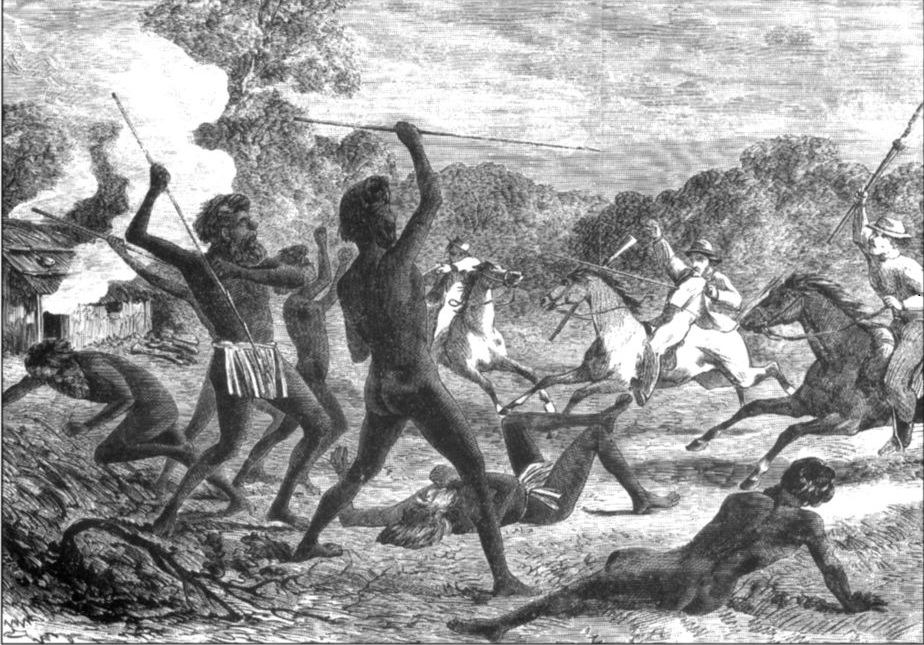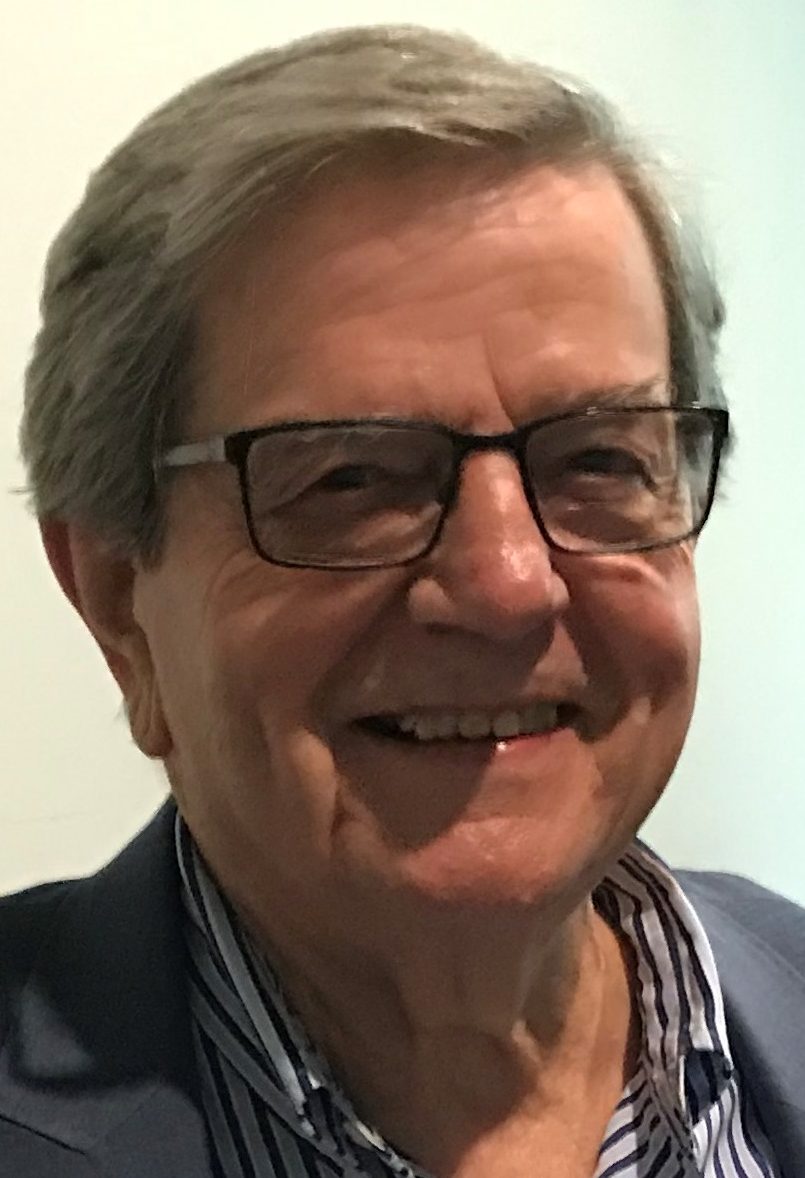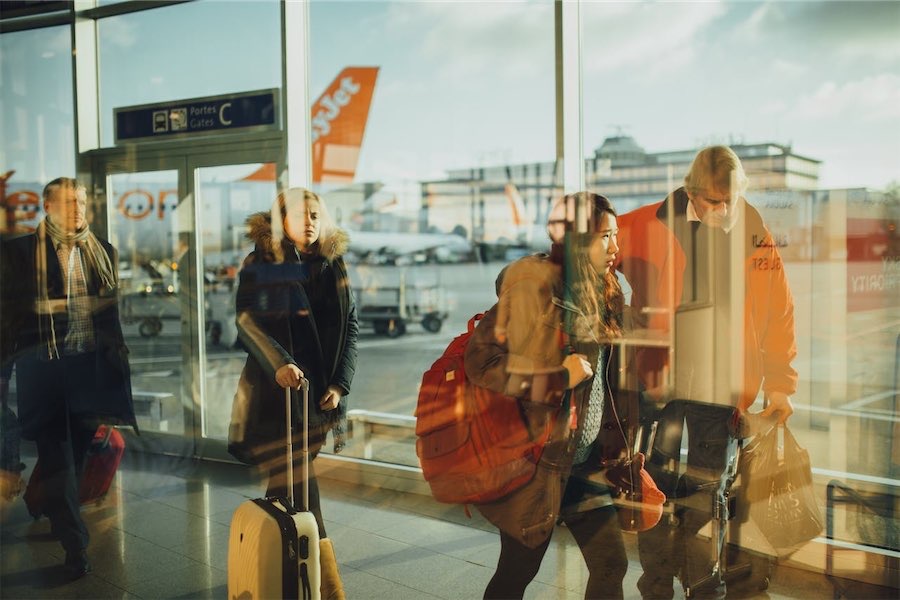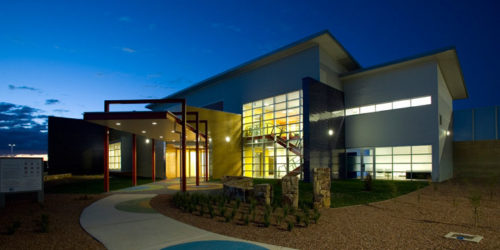
“Surely we now have a duty (and the decency) to erase any lingering sense that white Australians are superior to a particular minority because of different skin tones and heritage,” writes reader ERIC HUNTER, of Cook.
IN a recent TV interview, former PM Tony Abbott claimed the outcome of the 1838 Myall Creek Massacre was “normal” when seven white men were sentenced and hanged for murdering 28 Aboriginal men, women and children.

In truth, it was the only known case where any justice was handed out.
Furthermore, no subsequent killings were investigated because of the public outcry over the Myall Creek hangings. The facts of this and other misrepresentations, such as ignoring the context of what Anthony Albanese actually said about governments being “very brave” if they went against the Voice, are readily accessible for anyone who cares to look. Why hasn’t Mr Abbott?
No wonder lesser mortals think it’s okay to repeat unchecked, misinformation, contradictions and sometimes outright lies, all clearly designed to denigrate indigenous Australians. Don’t we have a right to expect our political leaders and media especially will check the facts? And that brings us to the elephant in the room.
The “Yes” campaign has steered away from it, but some on the “No” side now claim they’re being accused of “racism” by “Yes” advocates. Since they’ve raised it, could it be a case of self-identification? The often vicious trolling only fuels the fires of suspicion. Perhaps it’s time to let in the light behind the elephant.
I was born before World War II and grew up in both country and city. Some of my earliest memories are of frequently hearing the “n” word around our kitchen table in rural Queensland. Later, in suburban Melbourne, the pejorative was “Abo”. We claimed, “It’s only a joke”, and were annoyed when the subjects didn’t see it that way.
In the ’50s, in the country Victorian town where I worked, the local Aboriginal community lived on the river bank (they were rarely allocated public housing). Some caring townspeople helped out with food and second-hand clothing, while the local police sergeant spent many hours helping build and maintain a camp vegetable garden. But he was sneered at: “they’re all bloody useless, so why bother”, he was told.
I remember when a local businessman’s search for an office receptionist turned up an ideal candidate. But she was Aboriginal and it soon became clear to him that if he gave her the job, there would be an outcry and probable loss of business. I knew him very well; a man of great integrity who always deeply regretted having to reject her in favour of a white applicant.
What we rarely ask is how many times that young black woman and others like her still don’t get the job simply because of their colour, and how much it’s impacted their lives?
Stan Grant showed us that, despite his success, he has been badly affected by a lifetime of racist attacks. Yet, he has been the one vilified for “speaking out of turn”. We should be asking “why”? Instead, we persist with the cry, “they’ve only themselves to blame” or that “we’re all equal now and the Voice will create inequality”. Authoritative evidence to the contrary is, as usual, right in front of us.
Racist attitudes don’t disappear overnight – they’ve existed for millennia. Even today, I have to remind myself who and what I am – a privileged, old, white man whose black contemporaries, if they’re still around (and most probably aren’t because of their lower life expectancy), were highly unlikely to have had similar opportunities for a healthy, reasonably well-educated and comfortable life. Closing the gap data continues to show many still don’t.
Voting “Yes” in the referendum won’t immediately provide all the answers – it could take another generation. However, there’s evidence that when disadvantaged people are listened to and their lived experience acknowledged through appropriate action, positive results come faster and more effectively than when they are ignored (and can result in monetary savings). The “No” advocates seem eager to ignore the billions wasted on non-local, white-inspired non-solutions that have too often ended up scapegoating local indigenous workers (as with ATSIC).
The referendum is simple: constitutional recognition of our unique indigenous heritage, allied to an independent legislated advisory body whose sole job is to gather and consolidate on-the-ground knowledge from indigenous Australians about what they think will best help them.
It will go to the executive government and parliament for consideration, just like any other advisory body. Parliament, through the government, will decide which recommendations are taken up. Critically, the constitutional amendment provides a strong obligation to justify all decisions publicly, whatever they may be.
Surely we now have a duty (and the decency) to erase any lingering sense that white Australians are superior to a particular minority because of different skin tones and heritage, not to mention the scientifically refuted and offensive perceptions of differing levels of “inherent capability” that still lurk in some minds.
I wonder: would we be enduring this unjustifiable acrimony if, when the British turned up, they had discovered our First Australians were also white skinned?
“CityNews” welcomes all opinions. Respectful letters to editor@citynews.com.au, please.
Who can be trusted?
In a world of spin and confusion, there’s never been a more important time to support independent journalism in Canberra.
If you trust our work online and want to enforce the power of independent voices, I invite you to make a small contribution.
Every dollar of support is invested back into our journalism to help keep citynews.com.au strong and free.
Thank you,
Ian Meikle, editor





Leave a Reply